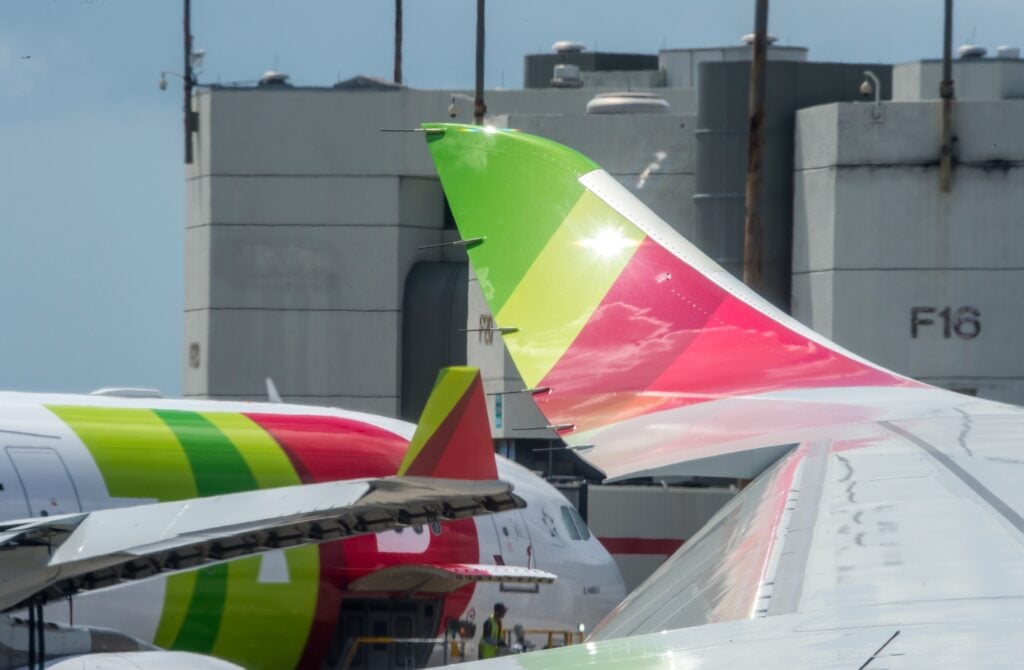
TAP Air Portugal Airbus A330ceo and A330neo aircraft
Take AirInsight for a Test Flight
7 days full access — premium analysis and the complete data model library — for $1. No commitment.
Start My Test Flight →


TAP Air Portugal Airbus A330ceo and A330neo aircraft
Take AirInsight for a Test Flight
7 days full access — premium analysis and the complete data model library — for $1. No commitment.
Start My Test Flight →